Compared to last week, western Canadian yearling markets were relatively unchanged with the exception of southern Alberta where 800-plus-lb. feeders traded $5 to as much as $8 higher. Strength in deferred live cattle futures and weakness in barley prices were the main factors driving demand in the Lethbridge area. The U.S. Department of Agriculture’s bullish […] Read more
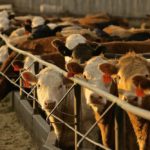
Klassen: Yearling prices remain firm
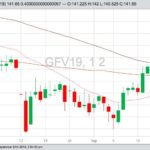
Klassen: Feeder cattle market remains volatile
Western Canadian yearling markets appeared to stabilize after coming under pressure earlier in the month. Compared to last week, yearling prices were unchanged to $4 higher on average while calf markets traded $2-$3 on either side of unchanged. Major feedlots were more aggressive for 800-plus-lb. cattle as feed grain prices continue to grind lower. Favourable […] Read more
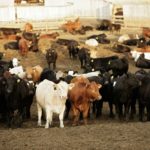
Klassen: Feeder market experiences mixed tone
Compared to last week, western Canadian yearling prices traded $3-$5 on either side of unchanged. Auction market volumes are growing in Saskatchewan and Manitoba; however, central Alberta prices held a definite premium of $8-$10 over the eastern Prairie regions. Ontario orders are starting to surface in Manitoba but prices were out of reach with Alberta […] Read more
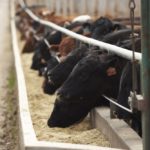
Klassen: Feeder prices ratchet higher
Compared to last week, western Canadian yearling markets traded $3-$5 higher on average; however, there were a few feature sales quoted $8 to as much as $10 above week-ago levels. Finishing feedlots were fairly aggressive on backgrounded cattle, which was the main source of yearlings last week. Early grassers are starting to come on the […] Read more
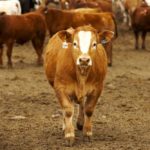
Klassen: Feeder cattle markets remain firm
Western Canadian feeder cattle prices were unchanged from seven days earlier. Strong buying interest was noted from finishing feedlots in Alberta. Orders flowed across the prairies keeping prices relatively even. U.S. feeder cattle markets traded $3 to as much as $8 higher in the Northern Plains which also underpinned prices in Saskatchewan and Manitoba. There […] Read more
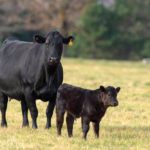
Klassen: Yearling prices surge
Compared to last week, Western Canadian yearling prices were $3 to as much as $10 higher while calves traded $2 to $5 above week-ago levels. Most auction barns remain in holiday mode; however, order buyers were extremely busy fielding calls for available cattle. This caused the yearling market in Western Canada to divorce from the […] Read more
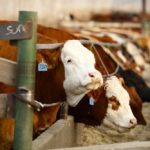
Klassen: Feeder market experiences fortuitous bounce
Compared to last week, western Canadian feeder cattle markets traded $2-$5 higher on average. Auction barns had limited numbers on offer but strong buying interest surfaced for quality packages. Alberta feedlots were the main buyers setting the price structure. There were two main factors enhancing demand this week. First, U.S. packers started to show some […] Read more
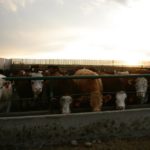
Klassen: Feeder market softens on limited volumes
Compared to last week, western Canadian feeder cattle prices were steady to $3 lower on average. Many auction barns were on holidays last week. Auctions that did hold sales had limited numbers on offer. The feeder market remains under pressure due to negative feeding margins, firm feed grain values and weakness in deferred live cattle […] Read more
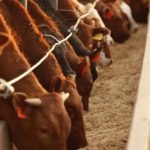
Klassen: Feeder market enters summer doldrums
Compared to last week, western Canadian feeder cattle markets traded steady to $5 lower on average. Small volumes were available last week, which distorted the price structure. Many feedlot hands will rotate holidays through July; therefore, feedlot operators don’t want to bring in fresh replacements with a skeleton staff. Recent rains across Saskatchewan and Alberta […] Read more
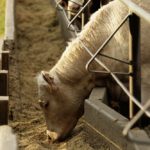
Klassen: Rising feed grains weigh on feeder market
Compared to the previous week, western Canadian feeder cattle markets traded steady to $3 lower over the past week. In some cases, calves were down $4 to as much as $6. Rising feed grain costs weighed on the overall feeder complex. Feed barley in southern Alberta traded in the range of $265-$275 per tonne delivered, […] Read more

